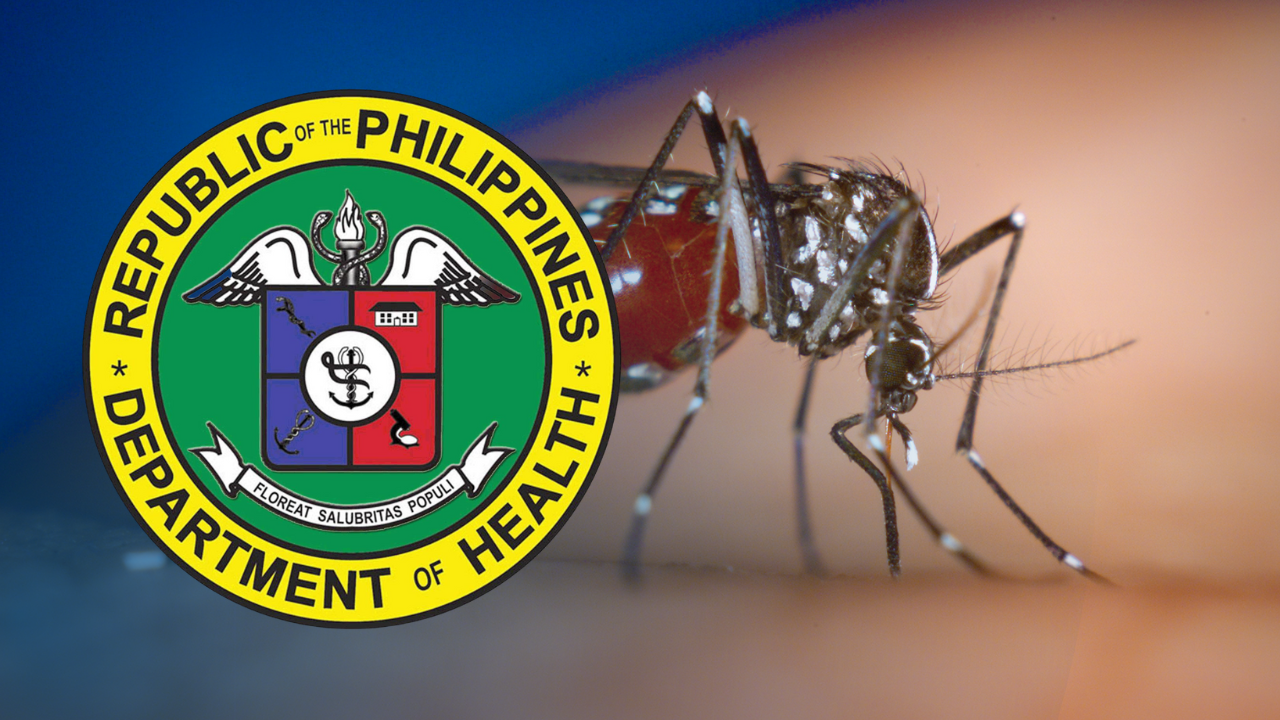
Inquirer files
MANILA, Philippines — Dengue cases in the country continue to rise as the Department of Health (DOH) is set to declare a national-level outbreak of the mosquito-borne viral disease.
Citing its latest data from Jan. 1 to Aug. 10, the DOH on Wednesday recorded a total of 150,354 dengue cases nationwide—equivalent to an average of 4,700 cases per week.
The figure was 39 percent higher compared to the 107,953 dengue cases reported in the same period last year. It was also the highest recorded number of cases in the past five years.
READ: PH provinces see spike in dengue cases
A total of 396 deaths have been reported nationwide, which is lower than the 421 deaths recorded during the same period in 2023.
Seasonal pattern
All regions in the country except Soccskargen, Zamboanga Peninsula and Bicol Region showed surges in cases in the past month.
“Dengue has a seasonal pattern. Case counts are expected to rise during the rainy months. It is good that more Filipinos are seeking early consultation that leads to [fewer] deaths,” Health Secretary Teodoro Herbosa said in a statement.
Herbosa earlier said he would declare a national dengue epidemic after “dengue cases have reached outbreak levels,” based on his discussion with the DOH Epidemiology Bureau. He did not elaborate.
An epidemic declaration will allow the national government to identify where a localized response is needed and let local government units use their quick response fund to address the large-scale outbreak.
According to the World Health Organization, dengue transmission is cyclic and large outbreaks every three to five years can be expected.
Last in 2019
The DOH last declared a national dengue epidemic in August 2019, when infection rates reached a “staggering” 5,100 cases per week.
That same year, the country recorded a total of 437,563 dengue cases, contributing to the highest dengue cases ever recorded globally. There were also 1,689 deaths due to the disease, the highest number in recent history.
Several areas in the country earlier declared their own localized dengue outbreaks, including Iloilo province, Capiz and Ormoc City after experiencing a surge in cases.
Under the law, the declaration of local disease outbreaks must come from provincial, city or municipal authorities.
The DOH advised the public to continue to follow the “4S” strategy against dengue—search and destroy breeding sites; seek early consultation; self-protection; and say yes to fogging only in hotspot areas where an increase is registered for two consecutive weeks—as cases are still expected to rise until the end of the rainy season in November.
In an interview on ANC on Wednesday, Herbosa said the DOH is still waiting for the results of the application for a certificate of product registration filed by Japanese drug company Takeda for its second-generation Qdenga dengue vaccine before the Food and Drug Administration (FDA).
But Herbosa explained that even if Qdenga was cleared by the FDA, it could not yet be used by the government for mass vaccination without the approval of the Health Technology Assessment Council.
The last dengue vaccine used in the country was Sanofi’s Dengvaxia in 2015, which caused controversy after the death of some children, allegedly due to the vaccine.

